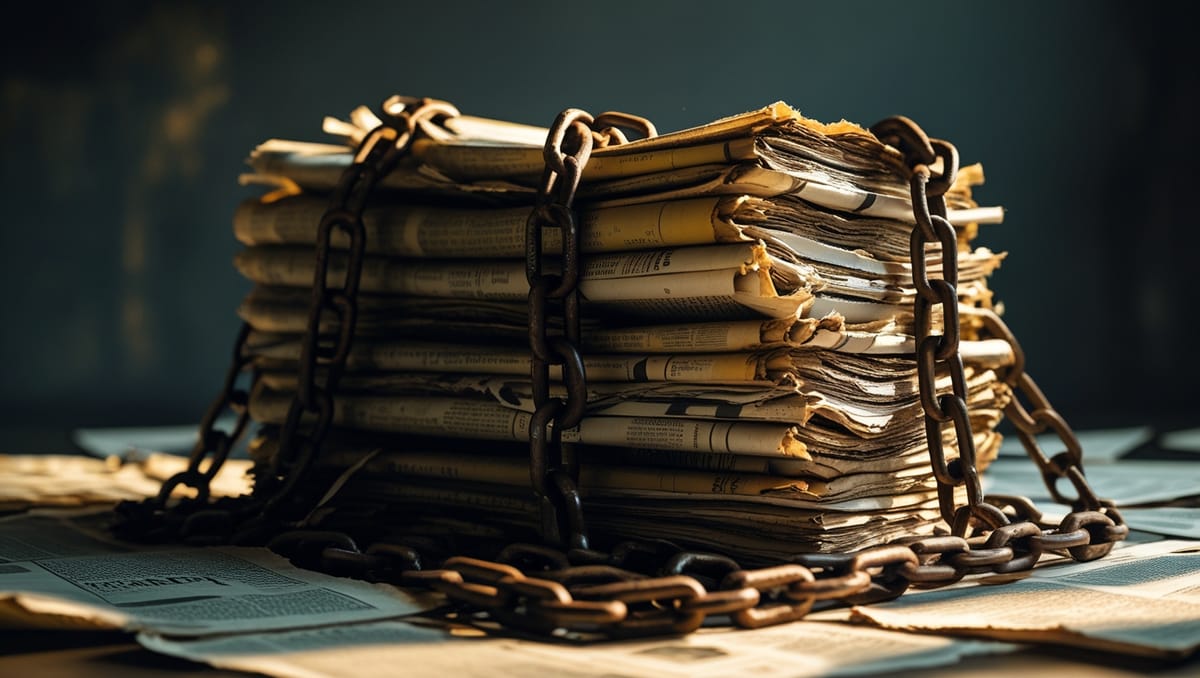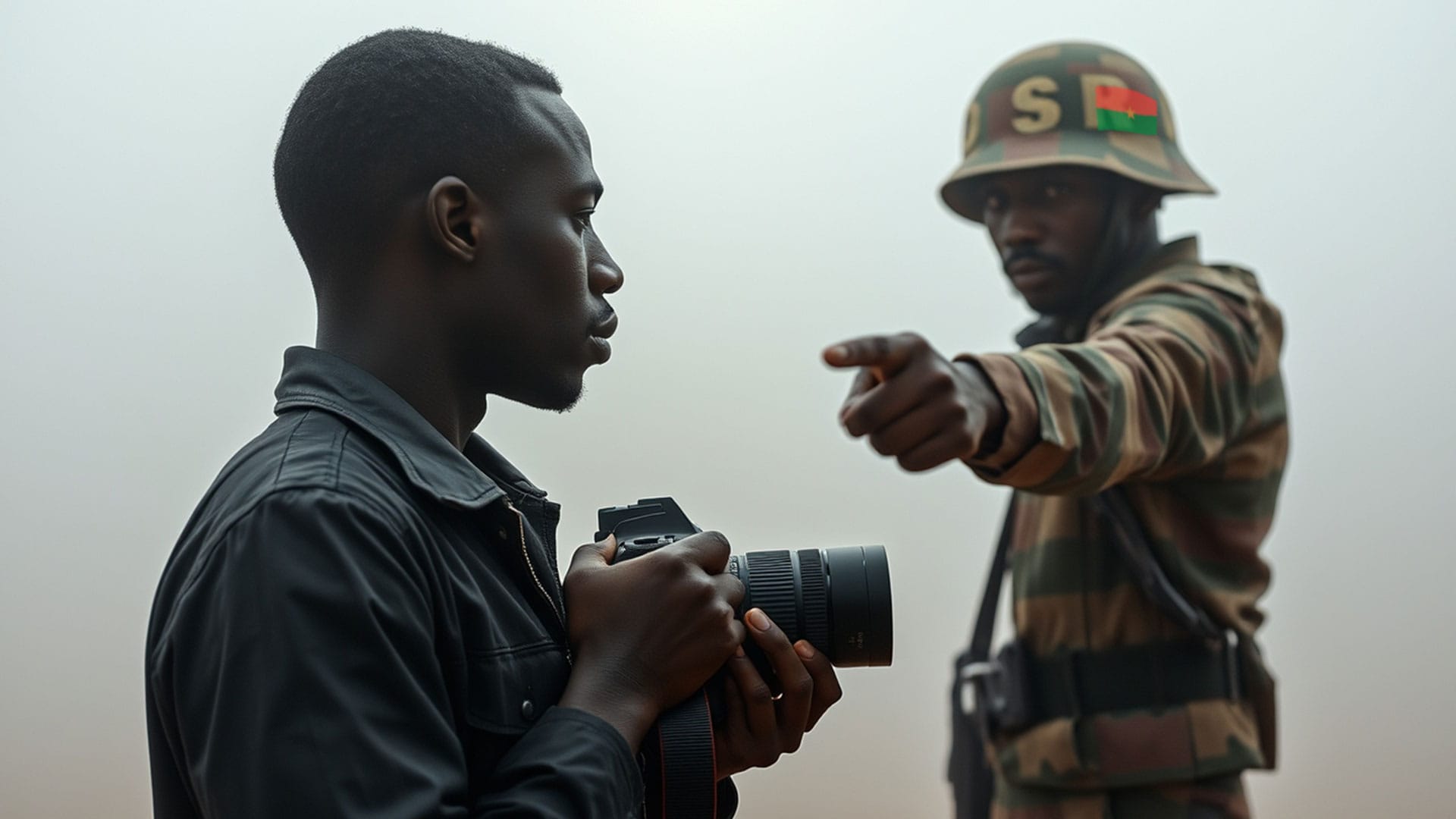Burkina Faso experienced two states in 2022. Since then, the security and humanitarian situation has run to disaster.
In the space of a year, Burkina Faso has switched twice in instability with successive coups. Since then, the security and humanitarian situation has continued to worsen and the country seems to slide slowly, but surely, towards a deep crisis.
It all started in January 2022. Lieutenant-Colonel Paul-Henri Sandaogo Damiba overthrows President Roch Marc Christian Kaboré, accused of not stemming the terrorist threat that eats away at the country. Many Burkinabés welcome this putsch with a certain relief, finally hoping for a strong response to jihadist attacks. Unfortunately hope does not last. Nine months later, on September 30, 2022, Damiba was himself ousted by Captain Ibrahim Traoré. Officially, the country loses ground in the face of armed groups - almost 40 % of the territory would be out of control. In reality, it is above all an internal power struggle.
Diplomatic isolation that weighs heavy
These upheavals do not go unnoticed. The Community of West African States (ECOWAS) firmly condemns these successive coups and imposes severe economic sanctions. Worse, the organization brandished the threat of military intervention, especially after the military taking power in Niger in July 2023.
In September 2023, faced with this growing pressure, Burkina Faso, Mali and Niger tightened the ranks and announced the creation of the Alliance of the States of the Sahel (AES). Objective ? Show political and security autonomy, while emancipating itself from decisions imposed by ECOWAS. In the process, the Burkinabé transitional government is launching a large recruitment campaign of 50,000 volunteers for the defense of the fatherland (VDP) . Officially, these armed civilians must support the army against jihadist groups. Unofficially, testimonies report pressure or even forced enrollments. Political opponents, critical journalists: no one is spared.
Approve the government or be committed to force
Expressing freely in Burkina Faso is now courage or even unconsciousness. Between terrorist attacks and the repression of the regime, journalists walk on a thread stretched above the void. Press freedom in Burkina Faso is now a utopia.
In June 2024, three reporters, Adama Bayala, Serge Atiana Oulon and Kalifara Séré , disappeared without leaving traces. At the same time, the Higher Council for Communication suspended several media, including 7 info and BF1 . The instruction is clear: any discordant voice will be muzzled. The Committee for the Protection of Journalists is sounding the alarm denouncing a brutal decline in press freedom since September 2022.
In this tense climate, propaganda is in full swing. The government minimizes terrorist attacks, hides the number of civilian victims and imposes an official tailor -made story. Even Russia invites itself into the game with a well -established soft power. In July 2024, the African Dawn , funded by the Pro-Russian organization African Initiative, was launched.
His message? Moscow is the great Savior of West Africa. A subtle manipulation which mainly targets youth.
Result ? A disinformed population, trapped between the silence of the media and the surge of propaganda. However, in a country where the terrorist threat continues to grow, not having access to reliable information is a condemnation in itself.
The press repression and the manipulation of information aggravates the already fragile security situation of Burkina Faso. While civilians lack reliable information, terrorist attacks are increasing, exacerbated by foreign propaganda and the incapacity of the authorities to effectively protect the population.
The security situation has been getting worse for two years
On August 24, 2024, a terrorist attack on the support group for Islam and Muslims (GSIM) hit the city of Barsalogho. Several hundred dead, including children. This is one of the worst attacks of the year. The most freezing is the testimonies that emerge after the drama: several murdered people were forced by the authorities to work in the areas threatened by the jihadist attacks .
The figures speak for themselves. According to Human Rights Watch , between January and August 2024, 6,000 civilians were murdered . In the same period, the ACLED lists 259 attacks that have caused 1,004 civilians . And it is not only a question of terrorist violence: more than 1,000 people were said to have been killed by the Burkinabé army and the VDP.
The abuses are known, documented, but rarely punished. Take the example of the Karma massacre in 2023: dozens of villagers summarily executed. An investigation was opened ... then buried.
Despite the government's desire to defeat terrorism, the number of deaths linked to terrorist attacks more than doubled between 2022 and 2023 according to ACLED and terrorist groups control half the Burkinabé territory.
A heavy humanitarian report
Between terrorist attacks, the repression of the regime and the humanitarian crisis, the future darkens a little more every day.
Behind official figures and speeches, they are millions of broken lives. In 2024, more than 2 million Burkinabés had to flee their homes, half being children.
Food insecurity reaches a critical threshold. Between the looting of the jihadists, the drought and the rise in prices, feeding becomes a daily fight. In some regions such as Gnagna and Tapoa , access to drinking water is scarce, still exacerbating tensions.
According to OCHA , on January 31, 2024 , 2.3 million people are in a situation of food insecure and 6,000 new cases of severe acute malnutrition were identified.
The isolation of the country still complicates the situation. ECOWAS, which once played an intermediary role in the delivery of humanitarian aid, has not been an appeal since Burkina Faso, Mali and Niger left the organization. Human Rights Watch is worried: without regional coordination, access to care and food help becomes a headache for NGOs.
Burkina Faso is at the crossroads. The economy collapses, insecurity is progressing, and diplomatic isolation complicates any exit from the crisis.
In an attempt to compensate for this marginalization, the government strengthens its links with Russia, especially military. But this bet is far from guaranteeing stability. Meanwhile, civilians pay the high price. Between terrorist attacks, the repression of the regime and the humanitarian crisis, the future darkens a little more every day.






